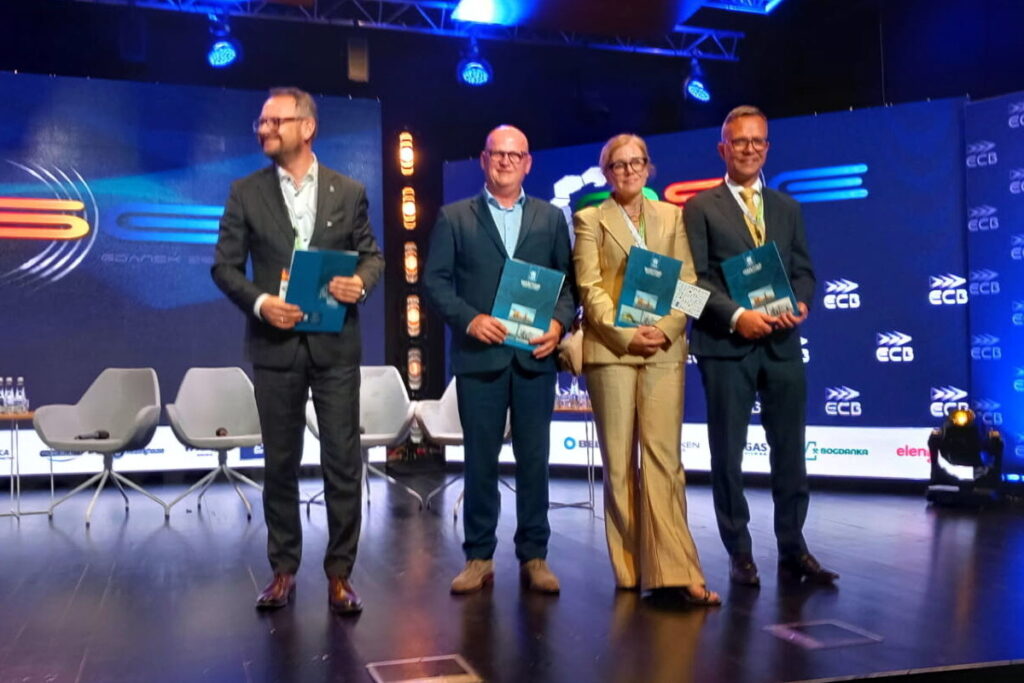
On June 16, 2025, during the National Energy Summit in Gdańsk, a strategic agreement was signed on the construction of the first WTIV installation ships fleet in Poland for sea wind farms. The signatories are Crist SA, Wike SA, Pomeranian employer and the Baltic Institute of Energy Transformation (Beti). The project is to increase the participation of Polish companies in offshore, to create up to 7,000. jobs and engage over 100 domestic entities. The Polish fleet is to become independent of the sector from foreign contractors, reduce energy costs and increase the security of critical infrastructure. WTIVs will also be able to perform strategic and defense functions in the Baltic Sea.
Source: portalmorski.pl
Khatanga tanker, immobilized in the port of Gdynia since 2017, was sold to the Danish demolition shipyard Smeedegaarden A/s in Esbjerg. The ship was previously detained by the Maritime Office due to technical irregularities, and after the bankruptcy of the Russian shipowner, no one looked after him. Over the years, he generated costs and problems, including Breaking with CUM and requiring security. The formal recognition of the unit for the waste was key to the matter, which allowed it to be legal and sales. The port will earn slightly on the transaction, but enough to cover the costs associated with maintaining the ship.
Photo GospodarkaMorska.pl
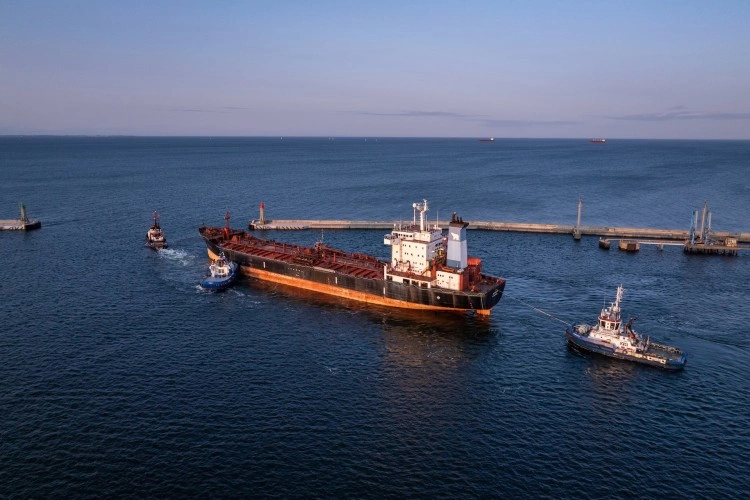
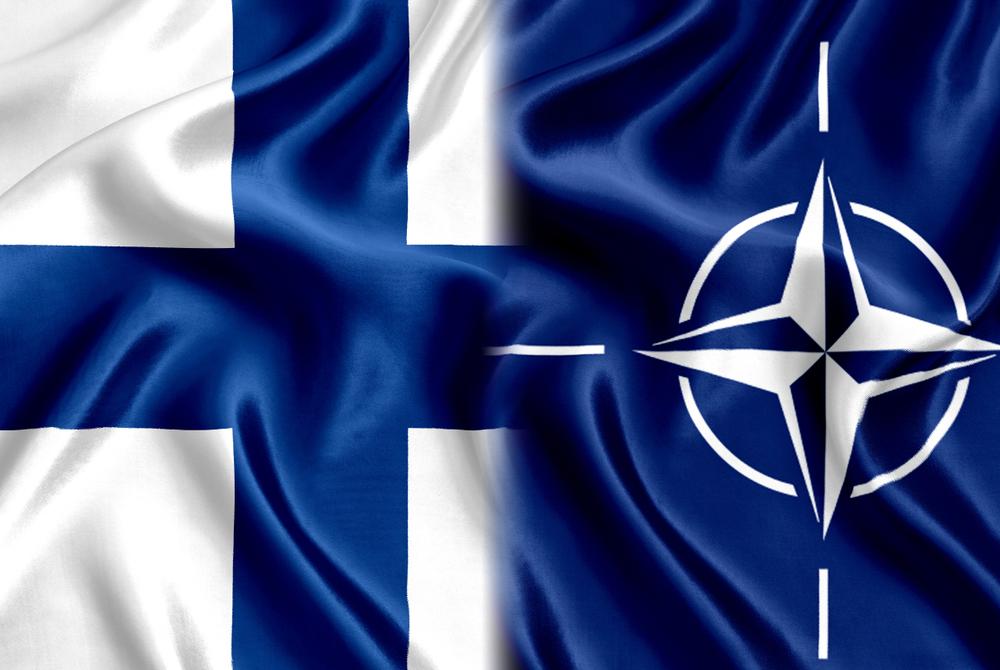
The new Finnish defense strategy emphasized the growing role of Poland as a key partner in the region, due to its influence and intensive investments in reinforcement. Poland, next to the Scandinavian countries, the USA, Great Britain and Germany, was indicated as one of the most important allies of Finland in the field of security. It was noted that the state of the Eastern Flanka NATO, including Poland, increases defense expenditure to 3.2-4.7 percent. GDP, and in the future up to 5 percent GDP. Particular emphasis of the Finnish strategy was placed on cooperation in the Baltic Sea region, where Poland and Germany are to play an important role. Significant Polish reinforcements were considered the foundation of deepening cooperation in the field of regional security.
Source: PAP
In Tallin, Minister Tomasz Siemoniak participated in a meeting with representatives of Nordic and Baltic States as well as the EU and Frontex, devoted to preventing foreign hybrid operations and information manipulation. He emphasized that regional cooperation is crucial to ensure the safety of citizens. A few days earlier, during the Central and Eastern European Security Forum in Warsaw, a joint declaration on the safety of the Baltic Sea was announced, signed, among others through Poland, Germany and Nordic-Baltic states. The document initiated by the Ministry of National Defense is proof of the growing Polish leadership in the region. It is also the beginning of the implementation of the "Baltic shield" strategy - a project to build a common defense system and immunity in the region.
Photo. Estonian Ministry of Foreign Affairs
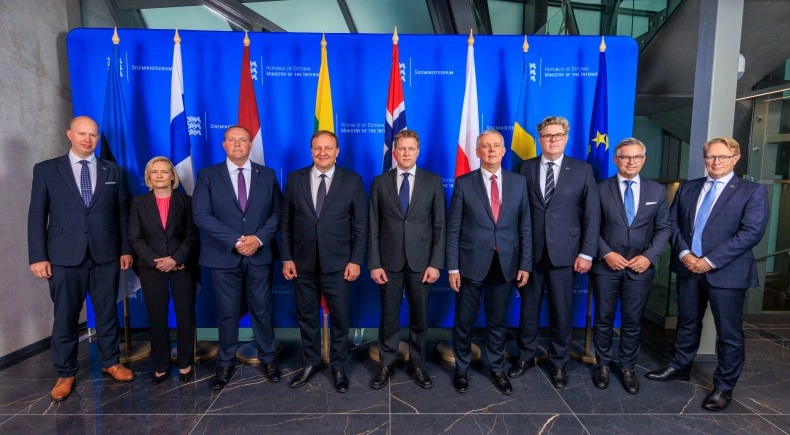
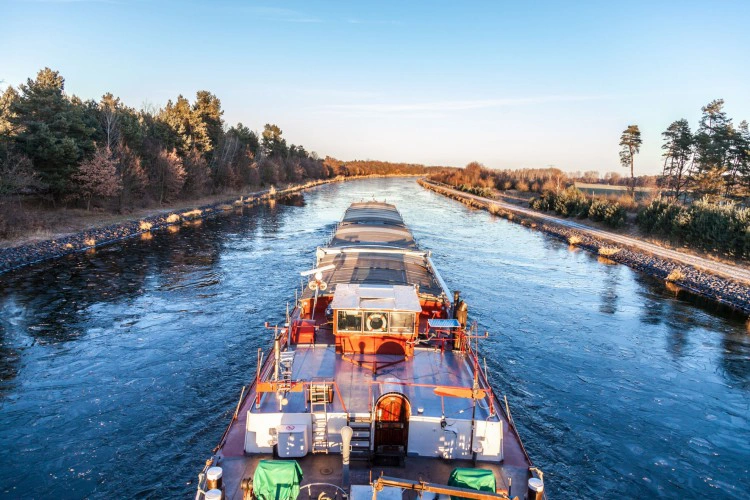
Scientists from Łukasiewicz - the Poznań Institute of Technology and the University of Gdańsk conducted the pilot project Cristal, testing commodity navigation on the Odra and Wisła, which revealed serious problems with infrastructure and water conditions. Bark flights encountered numerous difficulties, such as several months of stops or changes in routes caused by renovations and low water levels, especially on the Vistula. Intelligent buoys have been implemented monitoring river parameters that are to help in planning transport and increasing security. Despite the potential of inland transport as a low -emission alternative, the current unpredictability scares off potential customers. The aim of the project is to increase the share of water transport by 20% at 80% of reliability, supporting the EU climate policy.
Photo Depositphotos